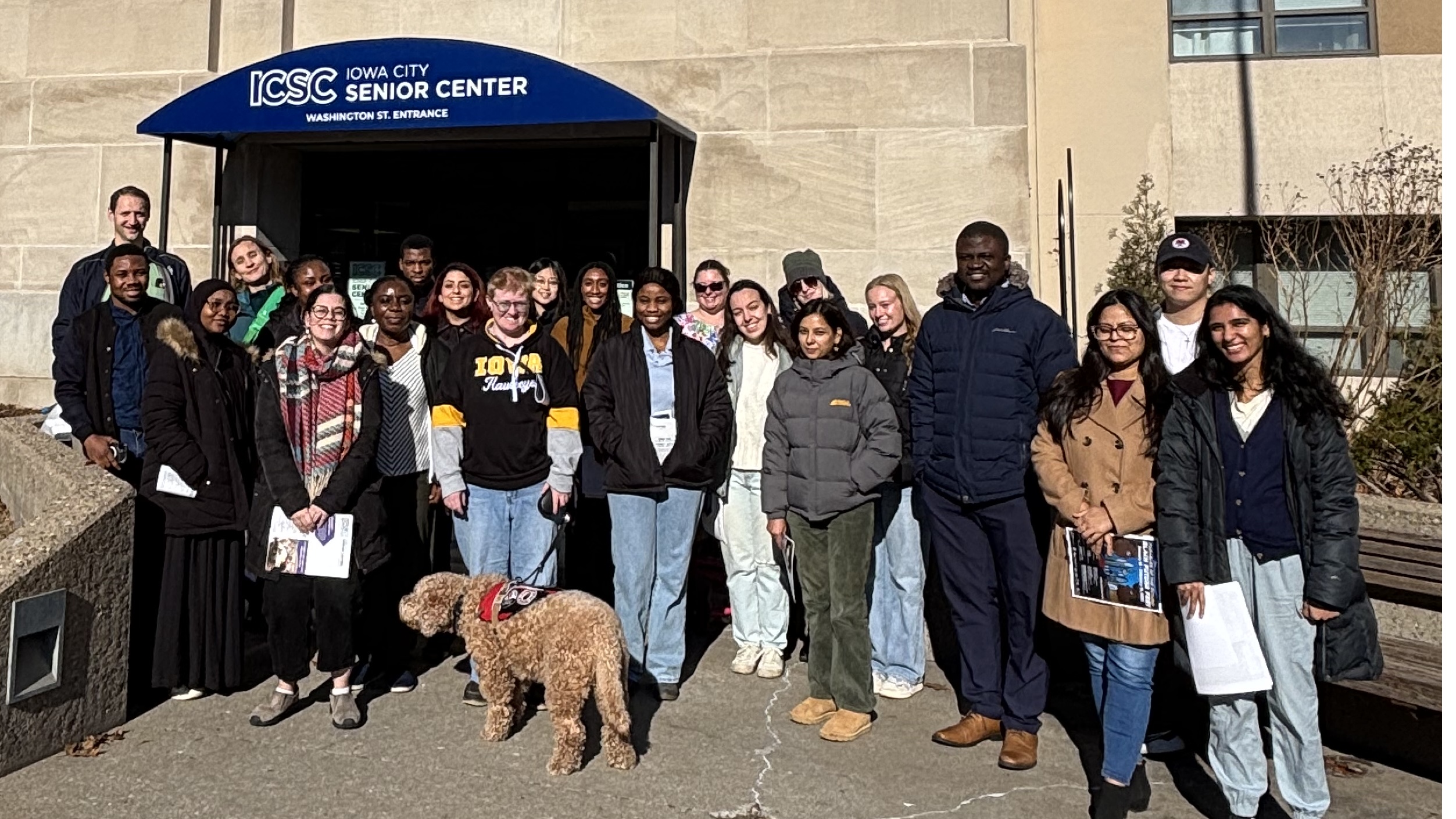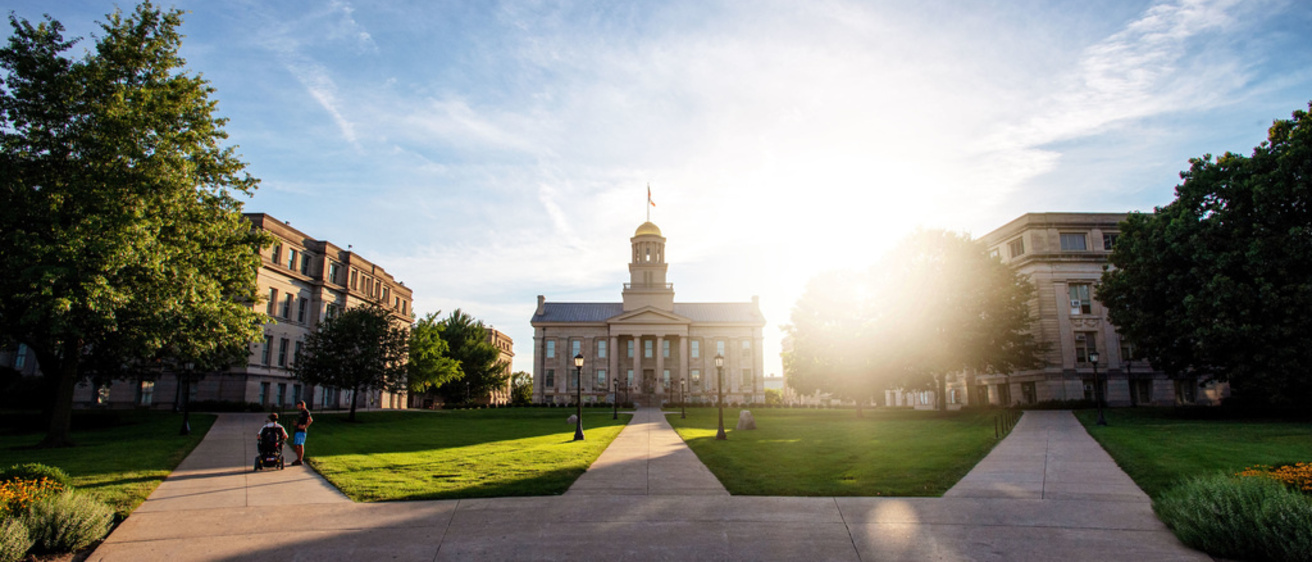The Office of Community Engagement at the University of Iowa serves as a bridge between the university and the community. We facilitate mutually beneficial partnerships between faculty, staff, students, and community partners across our state, nation, and world. We offer trainings, workshops, and provide informational resources and expertise that empowers faculty, staff, and students to transform their teaching, learning, and research to make lasting change and a positive impact in our communities.

Iowa Receives Carnegie Community Engagement Classification
The University of Iowa has earned the Carnegie Foundation for the Advancement of Teaching's 2026 Community Engagement Classification. This national recognition honors institutions that demonstrate exceptional commitment to community engagement. First designated in 2015, the UI's re-designation application involved over 120 people across every college on campus, in addition to over a dozen community partners.
This achievement reflects the dedication of faculty, staff, students, and community partners across Iowa and beyond who work together to address important societal issues and contribute to the public good.

Apply for the 2026 Graduate Engagement Corps
The OCE is excited to open applications for our 2025 Graduate Engagement Corps (GEC). The program provides graduate and professional students with training in critical areas of community engagement, including community-engaged teaching, community-engaged research, and building community partnerships.

Join the CEN Meeting on 2/19
All Community Engagement Network (CEN) members are encouraged to join us on Thursday, February 19th from 12-1 pm our next Coffee with the Network meeting, held virtually.
GEC 2026 Cohort Orientation

We were thrilled to get to know our new GEC students during a three-day workshop in January. With guest speakers, breakout sessions, and project development, students developed skills in community engagement. These graduate students are enthusiastic and looking forward to engaging with community partners!
Story of Impact: Fueling the Future

University of Iowa researchers, led by OCE's Faculty Fellow Rima Afifi, are working alongside local organizations to break cycles of poverty in Muscatine through Fueling the Future (FtF). This community-led program provides wraparound support and short-term certificate programs that help families overcome barriers—from housing to workforce development—while centering community voices in every step.






